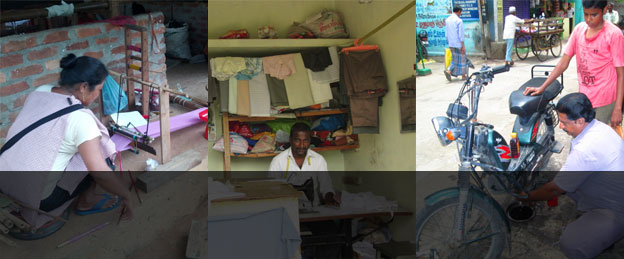Full issue 10
Formation of vocational competencies and skills is an important economic, political, and educational issue in many countries. Beside the formal TVET-system, informal learning takes place in many forms and has an important impact. In some countries, informal learning covers entirely the major part of vocational learning activities. In other countries, informal learning is being integrated into formal TVET-systems or being enriched by non-formal learning. Furthermore, the accreditation of prior experiential learning (APEL) and validation of informal leaning is a field of continuous development, especially for highly formal TVET-systems and in Higher Education.



